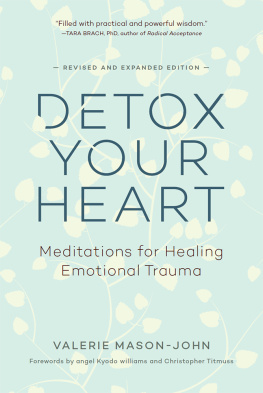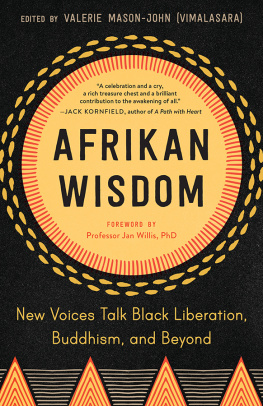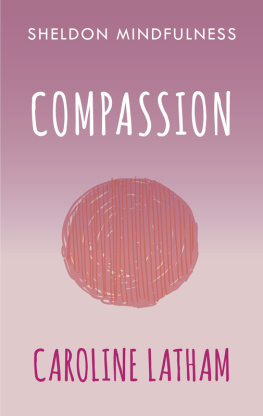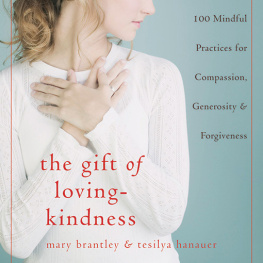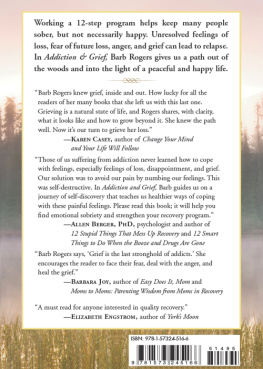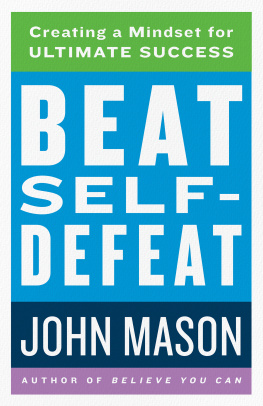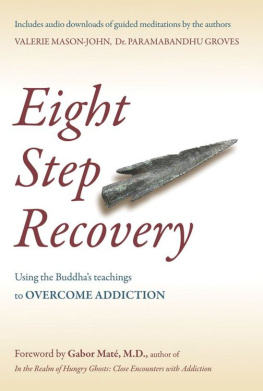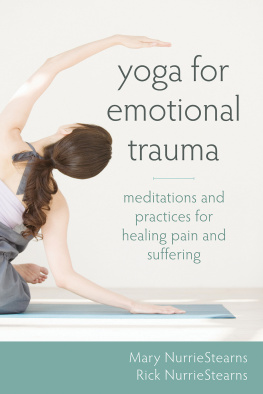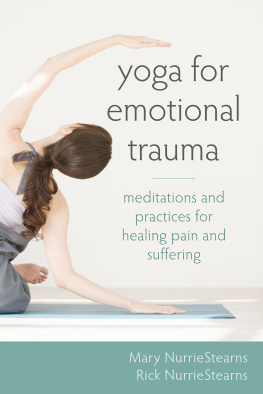MORE PRAISE FOR
DETOX YOUR HEART
Valerie Mason-John knows trauma from the inside out, and also the practices that can heal and free our hearts. For anyone who wants to engage with emotions in a transformational way, this book is filled with practical and powerful wisdom.
Tara Brach, PhD, author of Radical Acceptance
This is a book full of heart, which explores with compassion the many layers of human emotions.
Jackee Holder, author of Soul Purpose
Im generally not a fan of self-help manuals, but this is something different. This is an author passing on the wisdom of hard experience and showing there is a way to get yourself back on track. Her honesty, warmth, and humanity are a precious and all-too-rare commodity.
Jenni Murray, BBCs Womens Hour
Offers readers both the inspiration and the insight to work on themselves.
Christopher Titmuss, from his foreword
Mason-John clearly understands how to handle anger skillfully, in ways that support the healing of the heart. If you suffer from anger and dont know what to do about it, this is a book for you.
SHARON SALZBERG, author of Lovingkindness
A fter years of abuse and struggles with addiction, Valerie Mason-John was mired in the toxic emotions of anger, resentment, and fear. But through meditation and willingness to forge a new path, she learned how to disarm such toxins and find peace.
In Detox Your Heart Mason-John helps us recognize our emotions, good and bad, and develop the self-care to heal ourselves. Chapters that explore and clearly define painful emotions are paired with chapters on how to transform them. Meditation exercises based on the Buddhist principles of mindfulness, loving-kindness, and compassion provide tools to help us heal our own hurts and to close the gap that toxic emotions create between heart and mind.
This is essential reading for people who do not want to fight or ignore difficult emotions but who long for a way to understand and work with them.
MARTINE BATCHELOR, author of Let Go
Calls us to our power, offering guidance in letting go and befriending our world from the inside out. These words spring from the heart and ring with unmistakable grace and genuineness.
RUTH KING, author of Healing Rage
VALERIE MASON-JOHN is a former journalist and currently a trainer in anger management who tours and lectures internationally. She is the chairperson of Triratna Vancouver Buddhist Centre, and lives in Vancouver, British Columbia.
For all who experience pain and suffering:
Know that there is an end of suffering. Everything changes.
FOREWORD by angel Kyodo williams
We are living in times of great confusion.
Technology not only distances us from one another as we spend more and more hours communicating from behind a screen, but it also brings us together to rally for important causes or reach out and remain in touch with loved ones across thousands of miles of land and sea.
Social media draws us further into the already persistent habit of becoming stars of our own little personal movies. The movies we replay in our heads held on to from lives past cause us to recycle stories that no longer serve us, if they ever did.
We run these stories over and over again and like hamsters on a wheel; we go nowhere in our inner life development, and as a result we suffer as adults from the wounds of our childhood.
Slowly these toxic stories crowd out the potential for joy and ease that is the birthright of every human being.
In so many ways, we can point to and we would be right the fact that the culture being advanced by Western society is, in an array of ways, increasingly toxic.
Polarization of worldviews seems at an all-time high. Countries and cultures are torn asunder by wars religious, tribal, ethnic, racial, and of course simply based on greed.
Weve been told that our parents didnt raise us right. For many of us, we experienced our families of origin as sources of pain and abuse more so than love and support. Social oppression forces us out into the margins of society, and we are judged or held back by everything from gender to race to religion to our choice of who and how we love.
The transgressions are many and the places for respite can seem few. No wonder we can become burdened and overwhelmed!
As Valerie points out right upfront in Detox Your Heart, your thinking becomes toxic from the buildup of anger, fear, anxiety, and confusion. Because mind and heart are one, the toxic thoughts of your mind become the toxic experience of your heart.
However, if we simply give ourselves over to this narrative, to the storyline of Uns and Nots unloved, unseen, unappreciated, unwanted, uncared for, not good enough, not smart enough, not attractive enough, not powerful, not rich enough, not the right color or gender or position or class then we abdicate the one thing that can reposition our relationship to the entire experience of our life: responsibility.
I often say, Its not your fault, but its your responsibility. It is quite true that there are many conditions in life that confer a less-than-desirable experience. But it is also true that at the end of your days on this planet, your life will have been lived only by you. How you experience whatever conditions life hands you correlates directly to how much responsibility you choose to take. None of us can control all (if any) of the conditions, but we can choose how we experience the conditions we find ourselves in.
If we do not begin to debunk the deep inner myth that many of us carry that we do not deserve greater joy, love, or ease in our loves because we are _______ (fill in the blank with your choice of Uns or Nots), then we condemn ourselves to the role of victims in our own movies.
Instead of understanding conditions as what may be toxic but also temporary your heart becomes the source of what ails.
I originally met Valerie while visiting the San Franciscobased center of her practice community, Triratna Buddhist Community. Im sure we couldnt help but notice each other, as we are both women of African descent practicing in lineages of Buddhism strongly populated by white Westerners. My own tradition of Zen has also been oriented toward a very male-centered, sometimes even aggressive, expression. The practices can be intense and solitary. Descended from medieval Japan after wending its way from its origins in India through China and Korea before arriving in the West, everything about the practice was unfamiliar: the aesthetics, the flowing robes, small cushions to sit on, folding your knees like only kids do in the West. That kind of environment didnt seem like the kind of place that a twenty-two-year-old, blackmixed race, queer, feminist, and political and social activist woman would decide to find connection to her inner life. But I did. Eventually I became one of very few there are currently only three black women sanctioned as teachers in this foreign-from-the-outside world.
In some ways, we are doubly foreign: Buddhism is not from our own heritage or motherlands, and we have largely learned from and among white practitioners. One could say and people sometimes do that it doesnt make sense that we would take up Buddhism. But one of the things we share is an ability to see beyond the labels put on things and recognize the essential nature: whatever label you may put on it, teachings and practices that support people in detoxing their hearts of negative thoughts and emotions and unskillful behaviors are teachings that belong to us all. We have enough borders and divisions and imaginations of difference that make us feel separate not only from each other, but from our own selves. What Valerie offers here are tools and teachings that unify, first and foremost, our minds with our own hearts. Only from there can we truly hope to begin to branch out further to look across the landscape of perceived otherness and see the decidedly hopeful sameness of our shared humanity.
Next page
